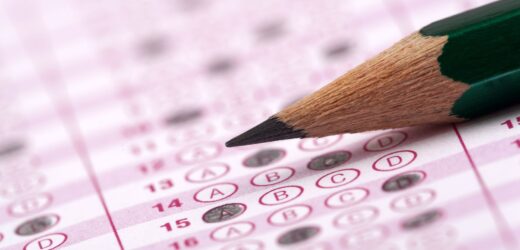Most of the advice students hear on how to study comes from teachers. We offer it verbally in class before and after exams, in online communications, and on the syllabus. We talk about study strategies during office hours, especially when we meet with students who aren’t doing well in the course. The problem is students don’t always follow our wise advice.
I was once observing a physics class and, at the end of the session, the teacher reminded students that there was a test next week. Students went about packing up and preparing to leave, but then he said he had a handout with some advice on how to study for the exam. As he began distributing it, the packing up stopped. Book bags were put down; students began reading the handout.
When a copy of the handout came to me, I saw why students were so interested. The handout contained study recommendations from students who had taken the class previously. They were identified by name and beside their name was the grade they’d received in the class (not something to be done without student permission, which this professor did get).
Student-Led Advice on How to Study

Related Articles
I have two loves: teaching and learning. Although I love them for different reasons, I’ve been passionate about...
I hear you already: “I barely survived this academic year. The last thing I want to think about...
Storytelling is a powerful tool that can transform the learning experience. By weaving a cohesive narrative throughout a...
The ending of a course is worthy of greater attention than it typically receives. Endless time and energy...
Deadlines are a blessing and a curse. We need them to get things done, but they often loom...
In the Oxford English Dictionary, the most fitting definition of the word light-hearted (sic)for my purposes is this...
A variety of factors can undermine performance on a test beyond lack of knowledge, such as anxiety and...








